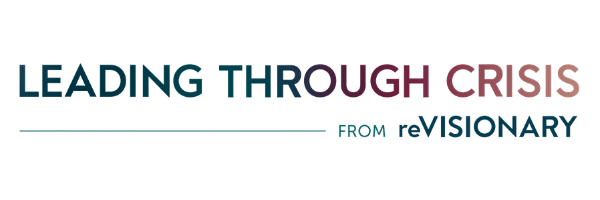Finding Purpose at Work with Richard Newman
Listen to this episode on Apple Podcasts or Spotify
I would be shocked to hear of anyone who was raised (at least in North America) without the concept of the hero/heroine being drilled into their head. From a very young age, we are indoctrinated to think of and identify with the hero, as well as to recognize and fight against the villain – inside of the movies we watch, the stories we are told, the books we eventually read, etc.
For many of us, this narrative continues when we learn about the “Hero’s Journey,” either through college or university (thank you English Lit). Or, from the world of marketing and communications. Regardless, by the time we are at the point in our lives where we are out in the world working, we have some very particular ideas about heroes, the importance of rescuing ourselves (and others), as well as solving the problems that we are presented with.
The unfortunate downside of this hyperfocus we have on heroism, rescuing, and solving problems is that it overlooks the importance of the wise person who stands by the side of the hero and offers perspective. That wise person (sage, witch, or whatever other terms we use to describe them – based on where the story is from) is a key element in helping the story move forward. But, their way of helping others is entirely different than the hero's way. The equivalent in the workplace today would be a mentor, in my opinion.
Richard Newman, a Leadership Communication Expert, founder of Body Talk, and this week’s Leading Through Crisis guest, shares that the problem with always being the hero is that it puts the other person or people into a victim space or mentality.
When we believe that we have THE solution and that we are here to “save” someone else, we are indicating to them that they can’t save themselves. And, therefore, they could perceive themselves as being the victim.
Aside from touching on the difference between being a hero vs being a mentor, Richard and I also alk about finding your purpose at work; discovering how to create a mission and core values that really work for you; improving your communication skills; and leaning into continuous improvement.
Listen in to make sure there are no blind spots in how you are approaching your role as a leader – either in regards to yourself or your team.
-----
To learn more about Richard Newman and his company visit ukbodytalk.com. You can also find him on all of the social platforms by searching "ukbodytalk".
